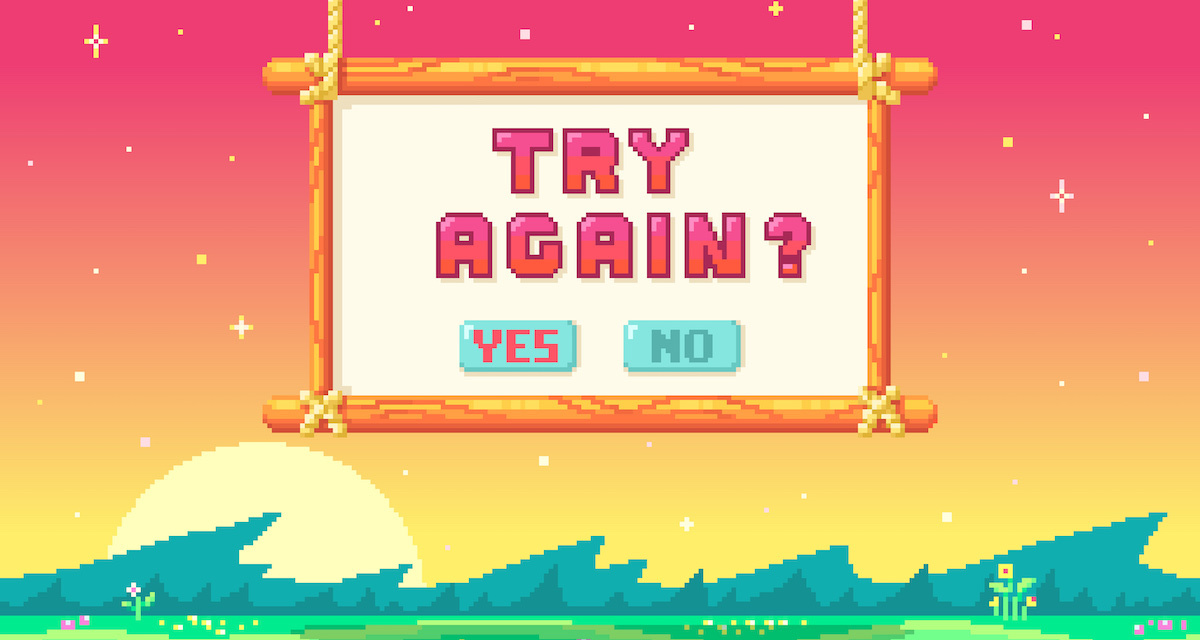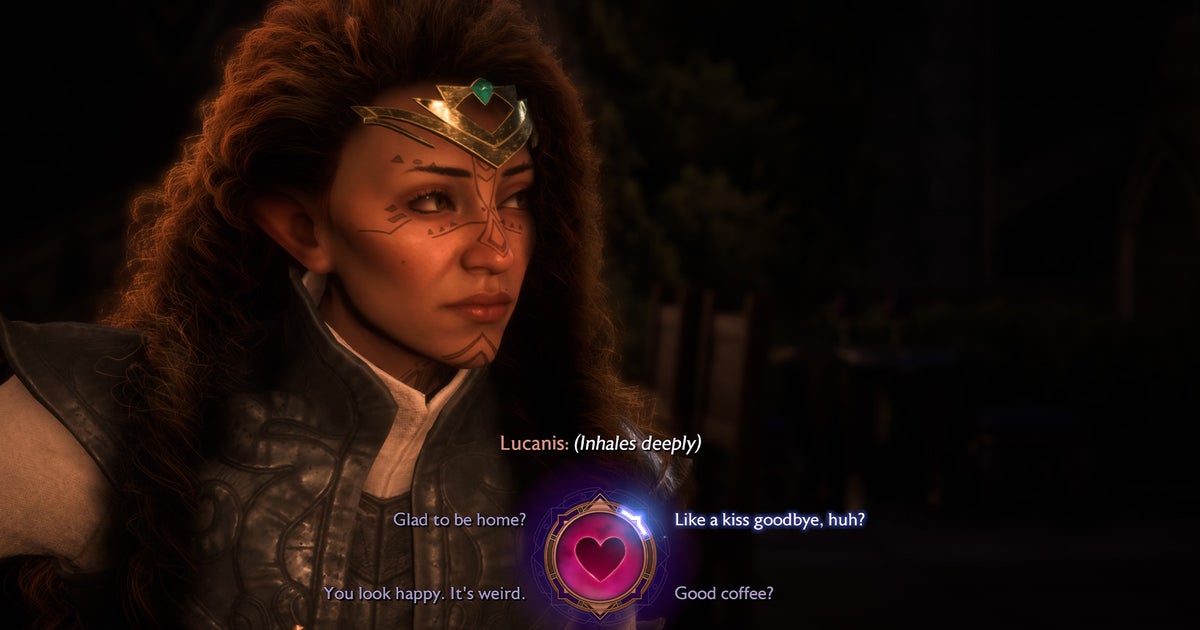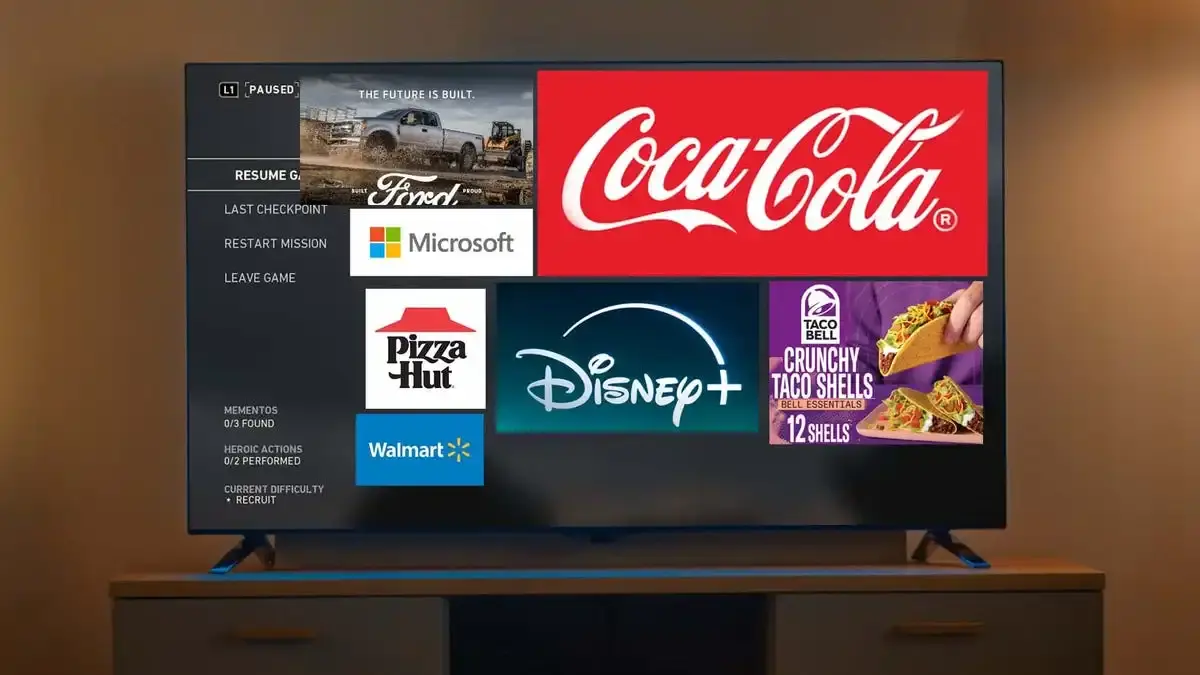- 18 Posts
- 53 Comments

 13·1 month ago
13·1 month agoBeen thinking about this type of thing a lot, especially as my older child is reaching an age where his friends are being allowed to play things like Roblox. Finding myself needing to explain gambling-adjacent risks, design patterns intended to capture rather than entertain or delight, and general digital citizenship.
Because he doesn’t have a ton of experience, I think he finds it unnatural to believe people like game makers might act deceptively or even maliciously. And I imagine he’s skeptical that his attention could even be manipulated the way games try.
Even “educational” games like Prodigy, endorsed by and used in his school, are lousy with operant conditioning and flow state design (and by some credible accounts are not even educationally valuable). I drew a line immediately against spending money within games and he’s so far been accepting of it. But the temptation is all over the place.

 5·2 months ago
5·2 months agoThere are multiple sources referenced to weave a new commentary about the relationship between video games and labor for both players and creators 🤷.

 7·3 months ago
7·3 months agoBecause email federation is inherent to everyone’s understanding of how that service works. And perhaps more importantly, email “instances” are run by corporations. Laymen are not signing up on a “server” or “instance,” they’re signing up for Google, Apple, or Microsoft - the service they get aligns to a company that provides it. Nearly every single service that anyone has ever signed up for online has followed the same essential process: go to fixed url, create id and password, gain access.
It’s easy to underestimate, especially in communities like this, how enigmatic the entire infrastructure of the internet is to the general population. Think of those videos where people are asked what “the cloud” is: they pause and ponder and then guess “satellites?” because they’ve never even wondered about it. I’m guessing that for many people, something like Twitter is just something that lives in their app store that they can choose to “enable” on their phone by installing it.
People know that software is “made up of code,” but they don’t understand what that means. The idea that an “application” is a collection of services run by code, that there are app servers and web servers, that there are backends and frontends, is completely unknown to (I’d guess) a significant majority of people. And if someone doesn’t understand that, it’s honestly near impossible to understand what anything in the fediverse is.
And most importantly: this is not any user’s fault. IT and the Internet developed so quickly, and it was made so seamlessly accessible by corporations who at first just wanted their services to be adopted, and then wanted everything even more deliberately opaque so those users were more likely to feel locked in and dependent while the services themselves tail-spun in degradation.
We need more, and more accessible, and friendlier, tech literacy in general. The complexity of our world is running away from us (“I have a foreboding [of a time…] when awesome technological powers are in the hands of a very few, and no one representing the public interest can even grasp the issues” - Carl Sagan) and we simply can’t deeply understand many of the things that directly impact us. But because of its ubiquity, IT may be the best chance people have of getting better at understanding.

 3·3 months ago
3·3 months agoTruly I wish that lawsuit the best. I still think the tone of the article is off, but certainly I may be guilty of the same.
Thanks for taking the time. Hard to keep from sinking too deep into despondency.

 1·3 months ago
1·3 months agoI get page not found 🤷

 2·3 months ago
2·3 months agoI may very well be wrong, happy to admit it. Do you know what laws are being broken?

 1·3 months ago
1·3 months agoSo…to my untrained ears this sounds kind of dumb.
cybersecurity has always been about protecting computer systems more generally from any sort of misuse, no matter how the adversary might access them.
And misuse is defined the system’s owner, who in this case has given explicit permission to Musk. The whole article is predicated on the idea that Elon Musk…lied or put on a disguise or something. By any currently known measure, he’s allowed to be doing everything he’s doing because that’s what the current, duly-elected administration told him to do.
There was an image on the front page today of the everything-is-fine dog sitting among the flames saying “they can’t do this it’s illegal.” That seems apt for this article. America elected a fascist, and that fascist is openly tearing down all the informal rules and norms that we’ve always treated like laws.
Pretending like there’s a legal issue with a lot of what’s been happening is a distraction and waste of time that Democrats appear to be perfectly comfortable using as air cover to not exercise what little power they might have. I feel confident it will lead nowhere, and unless the people with power and influence who pretend to care figure out how to actually accomplish anything, we will just keep sinking.

 2·3 months ago
2·3 months agoI think the remake addresses these issues as well.

 2·3 months ago
2·3 months agoWhat’s truly bizarre and off-putting though is how this game switches between several different types of cutscenes, ranging from completely fleshed out and animated (those look great) over less well-animated (but serviceable), to nearly completely static (but still voiced)= cutscenes with barely any movement.
If I remember correctly, 0 might be the only game to do this. 0 was my first game too and I remember being taken back by this (the static scene talking to some guy in a car smoking a cigarette or something is what sticks out in my memory). It’s possible other games did this too and I just forgot, but I’m not sure.
As for 0 being a good starting point, I do disagree. Having played all of them, I think 0 would land better if it was played after 1, 2, and 3. Kiryu’s and especially Majima’s stories in 0 heavily reference things that occur or are at least revealed in 1 and 3.

 4·3 months ago
4·3 months agoI started with 0 and worked my way chronologically from there (with the remakes for 1 and 2), and 0 is my pick for best if the series. I think the thing to know about the real estate sub-game, and others of its ilk like the host club in the same game (I think), is that they are completely parallel, non-consequential, optional content.
I personally feel that you could go through every single Yakuza game playing only the main story and side stories without missing anything of value. I would frequently force myself to play batting cages or karaoke or dancing because fans talk a lot about that stuff, but there’s really very little there to compel your attention unless you enjoy it. You can totally skip all that.
You could probably also skip the side stories if you just want to follow the main path, but those I do think are more crucial to Yakuza’s experience and identity - the outrageously silly flip side of the coin to the main story’s soap-opera-esque melodrama.

 4·3 months ago
4·3 months agoThanks DeepSeek.

 33·3 months ago
33·3 months agoGlad to see a publication pushing back on the recent asinine comments and behaviors from CI.
An early proposal for The Last of Us 2.

 3·5 months ago
3·5 months agoI’m new to this too, but the slide deck they have posted seems a good starting place.
The NGI is an initiative of the European Commission to fund “researchers, developers, startups, and SMEs” who are aligned with the “aim to shape the development and evolution of the Internet” according to the principles of:
-
protecting personal data
-
ensuring privacy and security
-
combating disinformation
-
guaranteeing access and freedom of choice
-
respecting fundamental rights
-
enforcing ethics and sustainability by design.
I’m a little less clear on what the 16 projects are (which are listed on slides 6 and 7), but I gather they might be specific objectives, defined by the NGI, within which their funding is categorized, e.g., if you’re doing research on democratizing search capabilities, that research would serve the NGI’s “Search” project and would qualify for funding.
I’m making a lot of assumptions but I’m reasonably confident in them.
-
Sorry, I meant that, having not played the game, I’m not sure how much observations like Curly’s inability to see the details are something the game tells you directly and how much is your interpretation. I guess I mostly meant that your framing of the story is really cool whether you’re just repeating the story beats as they’re given or mixing in a lot of your own analysis.
Thanks for writing this up, never heard of the game and this was really interesting. I’m not sure how much of your write-up is explicitly textual, but the analysis is really cool.

 9·6 months ago
9·6 months agoI suspect he didn’t remember what it was and took a gamble on the reporter’s qualification that Johnson had voted against it and Trump opposed it, rather than sounding uninformed. Otherwise it’s just an extraordinarily stupid thing to admit in this situation.

 2·6 months ago
2·6 months agoSo close to great. I wish more developers were making environmentally detailed, high production value, single player linear games like Callisto Protocol. Just that little bit better executed to round out the total package.

 2·7 months ago
2·7 months agoI played the demo up to the first couple battles just to get a taste of how that works. No question, I am very excited to get my hands on it. I’m generally a sub-$20 patient gamer, but this is one I’ll be getting sooner. I’ll still probably wait for the holiday season to see if it drops down at all because I’ve got plenty to keep me busy in the meantime.














Love a new youtube rec.
This is a really cool idea though. I’m actually playing F.I.S.T. right now and I’ve absentmindedly noticed some neat details in the environment backgrounds. Might slow myself down to a stroll in one of the city areas and take a closer look.